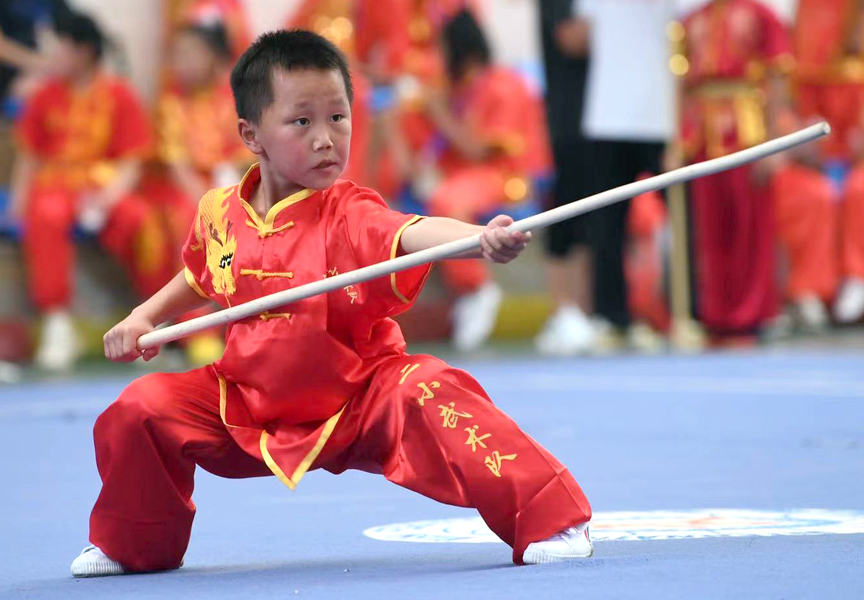Random Free Articles
- The Ancient Art of Zhan Zhuang
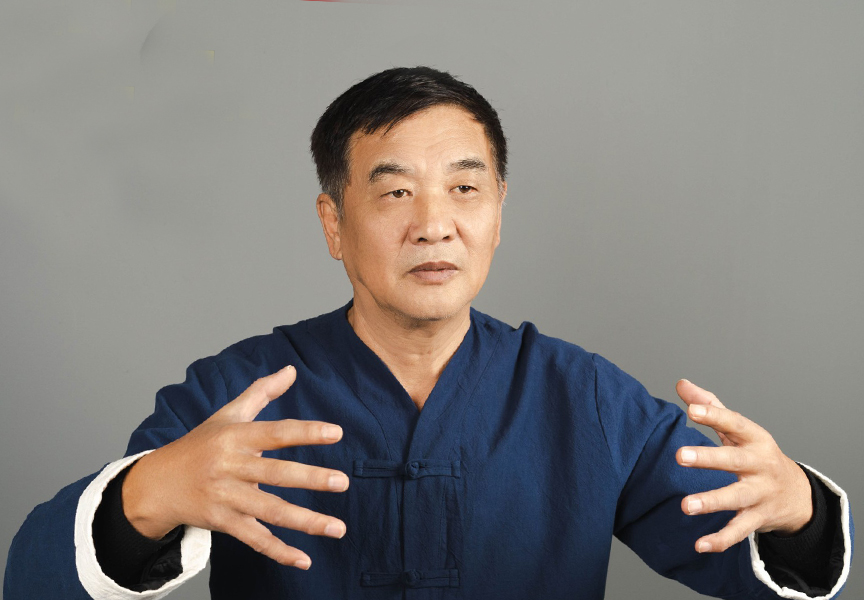
Zhan Zhuang [Chin.: zhàn zhuāng 站桩], often referred to as "standing like a post" or "standing stake" in English, is an ancient Chinese practice that has been gaining recognition and popularity in recent years for its numerous physical, mental, and spiritual benefits. This seemingly simple yet profound practice is a form of Qigong, a traditional Chinese system of exercises and breathing techniques designed to promote…
- The Transformation of the Humble Bench
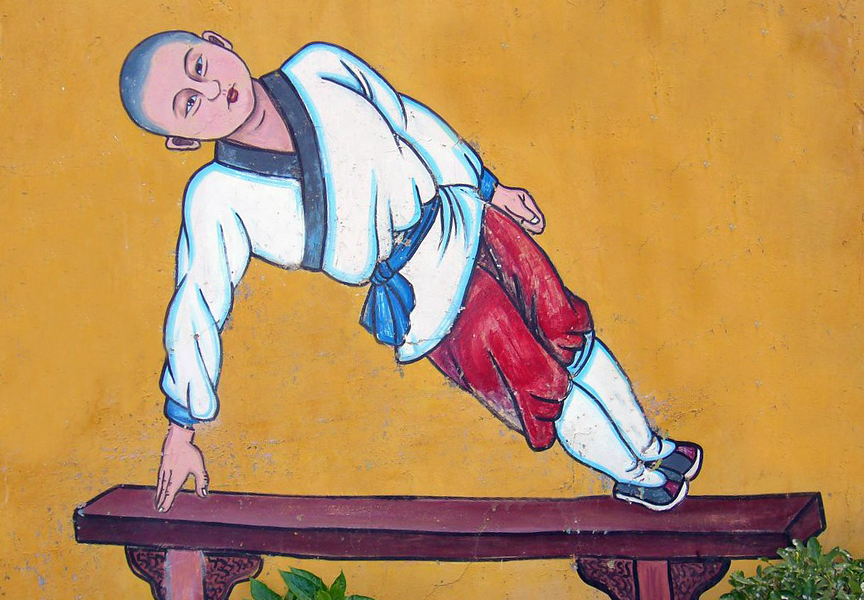
From Seating to Weapon of Choice In the world of martial arts, innovation and adaptability have always played a crucial role in shaping the evolution of combat techniques. One of the most intriguing examples of this phenomenon can be found in the ancient discipline of Shaolin Kung Fu, where the seemingly ordinary bench - Changyi [Chin.: Cháng yǐ 长椅] has been transformed into a formidable weapon of choice. Originally designed for seating,…
- Iron Rings in Shaolin Kung Fu
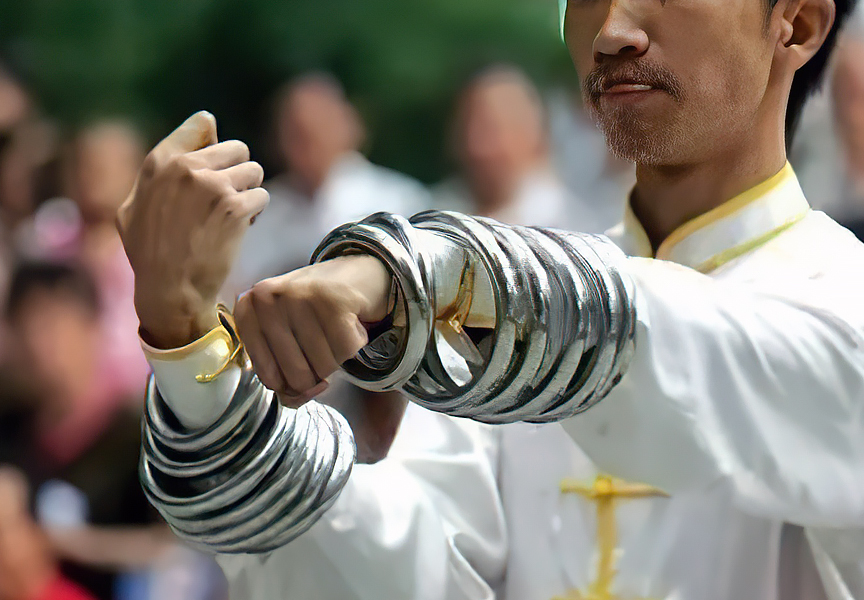
Harnessing the Power In the realm of martial arts, Shaolin Kung Fu stands out as one of the most revered and iconic disciplines. Known for its rigorous training methods and emphasis on both physical and mental strength, Shaolin Kung Fu incorporates a wide array of traditional weapons and tools. Among these, the iron rings, known as Tie Huan [Chin.: Tiě huán 铁环], hold a special place. These seemingly simple yet powerful tools have been…
- Understanding the Essence of Martial Arts
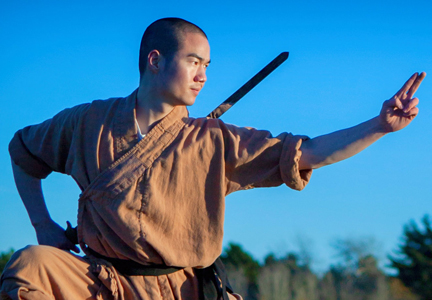
Martial arts, often depicted in popular culture as a dynamic display of acrobatics and combat techniques, have a rich history and philosophy that goes far beyond physical combat. While it's true that martial arts encompass a wide range of fighting styles, each with its own techniques and traditions, the essence of martial arts extends beyond the physical realm. In this article, we will explore the deeper aspects of martial arts and…
- The Meaning of the Term Kung Fu
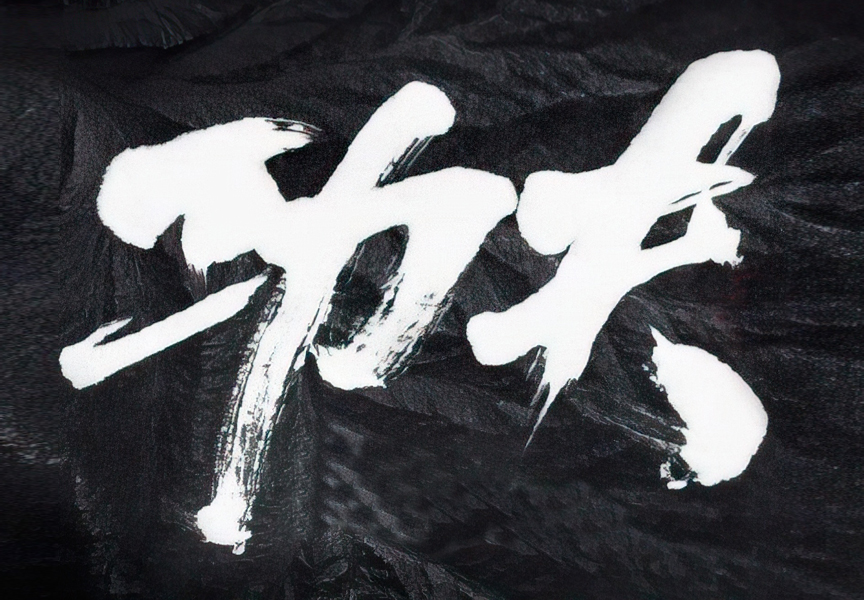
Gong Fu or Kung Fu, a term that conjures images of martial arts prowess, discipline, and ancient wisdom, has permeated popular culture as a symbol of physical and mental excellence. Originating from China, the term Gong Fu is widely used, often misunderstood, and frequently associated with cinematic displays of acrobatic combat. However, beyond the flashy kicks and punches lies a deeper meaning that encompasses a rich tapestry of history,…

